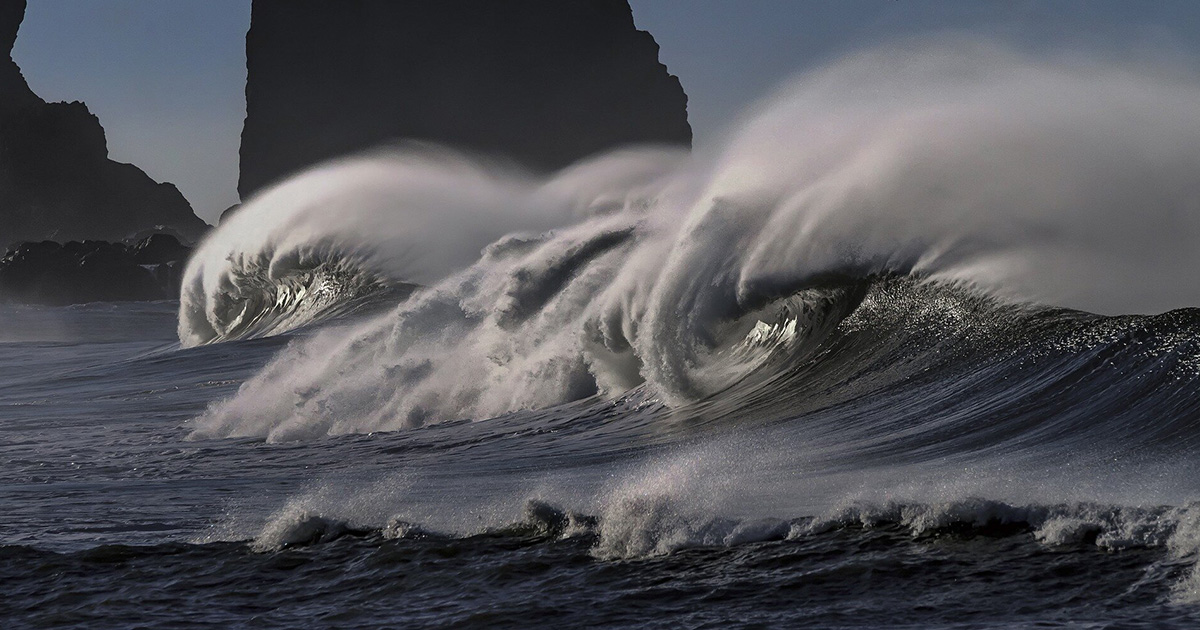In a recently published study, researchers from the Institute of Atmospheric Physics of the Chinese Academy of Sciences have developed an artificial intelligence (AI) model using deep learning algorithms that outperforms traditional dynamic models in predicting the development and pattern of El Niño events in the central Pacific Ocean.
The study, published in Advances in Atmospheric Sciences, highlights the potential for AI to improve seasonal forecasting and offers significant advances in climate prediction.
El Niño events in the central Pacific Ocean can have far-reaching effects on the global climate, making accurate predictions crucial for preparedness and risk reduction. The new AI model, based on convolutional neural network technology, is trained on sea surface temperature (SST) produced by the models participating in the Coupled Model Intercomparison Projects to predict the specific shape, location, and timing of SST anomalies associated with central Pacific El Niño events.
"This study demonstrates the potential of artificial intelligence to improve predictions of significant climate events such as El Niño that can have devastating effects around the globe," said Prof. Huang Ping, corresponding author of the study.
The AI model outperforms traditional dynamical models in accuracy, especially in predicting SST anomalies in the west-central equatorial Pacific. In addition, a hybrid model that combines predictions from both the AI model and dynamical models achieves even higher accuracy for central and eastern Pacific El Niño events.
The research team plans to further harness the power of deep learning to expand the application of AI models in seasonal climate forecasting, with the goal of providing earlier and more accurate warnings of major weather events.
The findings have significant implications for disaster risk reduction efforts worldwide, as AI-driven predictions can contribute to improved preparedness and mitigation strategies. By harnessing the potential of AI, scientists and policymakers can work together to increase global resilience to climate-related challenges.



